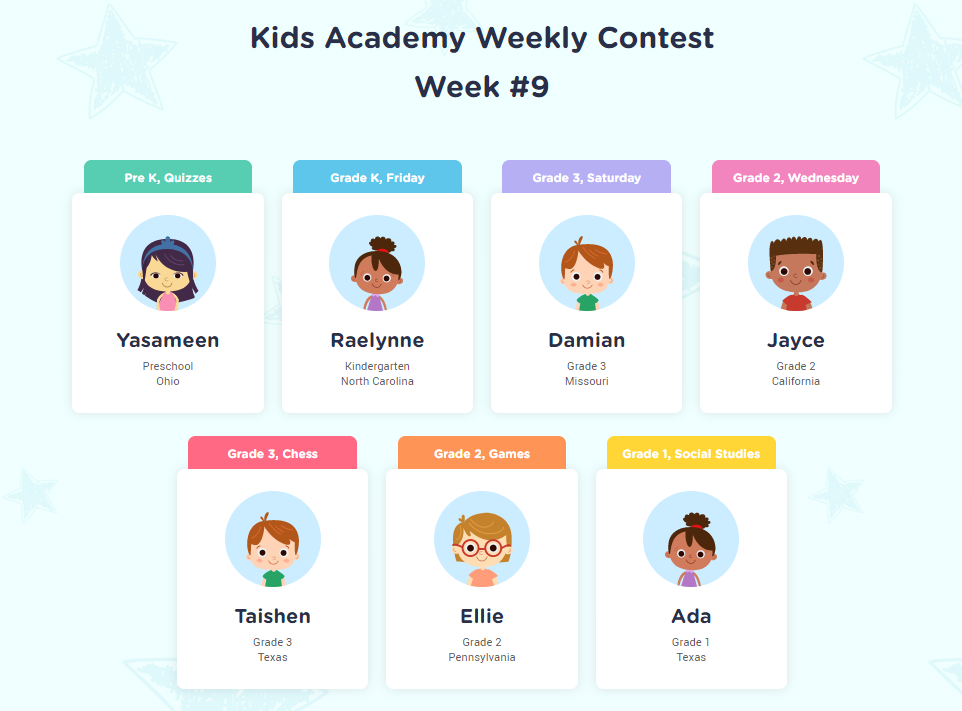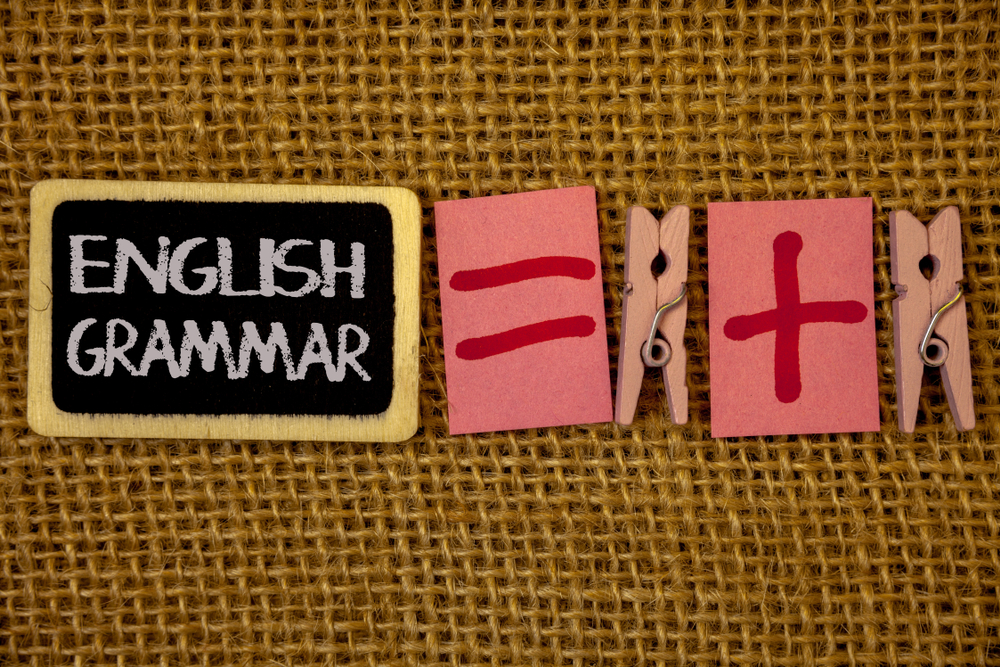Critical thinking development Worksheets for Ages 3-6
11 filtered results
-
From - To
Unlock your child's potential with our engaging Critical Thinking Development Worksheets designed for ages 3-6! These worksheets are crafted to enhance essential cognitive skills, encouraging creativity, problem-solving, and independent thought in young learners. Our interactive activities promote exploration through age-appropriate challenges, helping children connect dots, identify patterns, and make logical decisions. Perfect for parents and educators alike, these resources provide a fun way to stimulate curiosity and foundation skills during early childhood development. Start fostering critical thinking skills today with worksheets that make learning both enjoyable and effective! Explore a world of possibilities where little minds can thrive and grow.
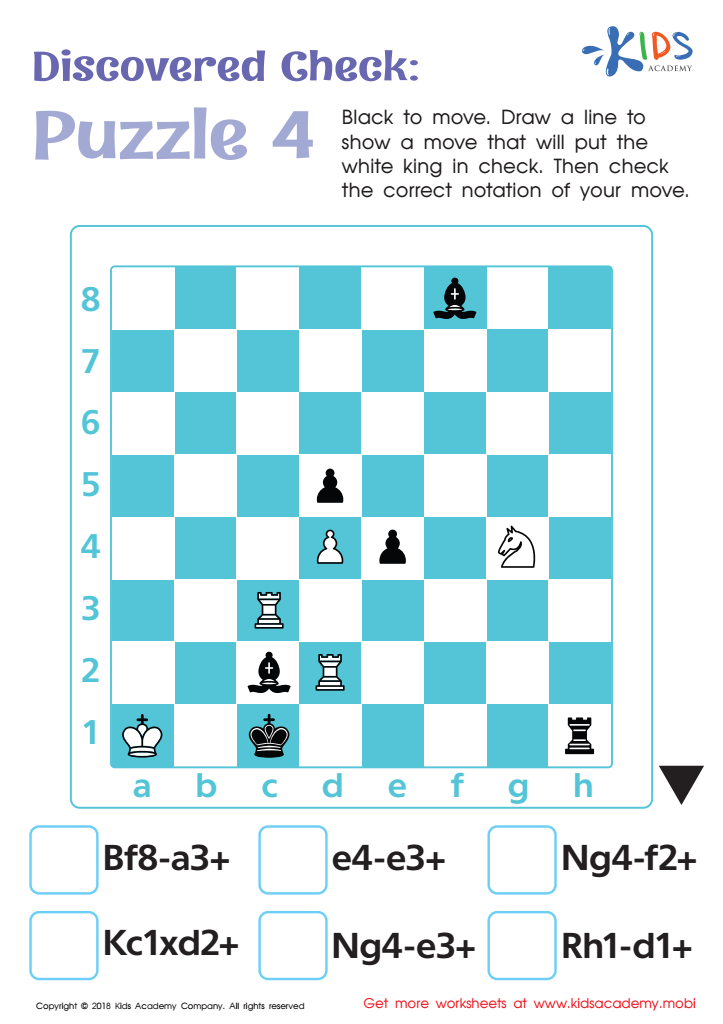

Discovered Check: Puzzle 4 Worksheet
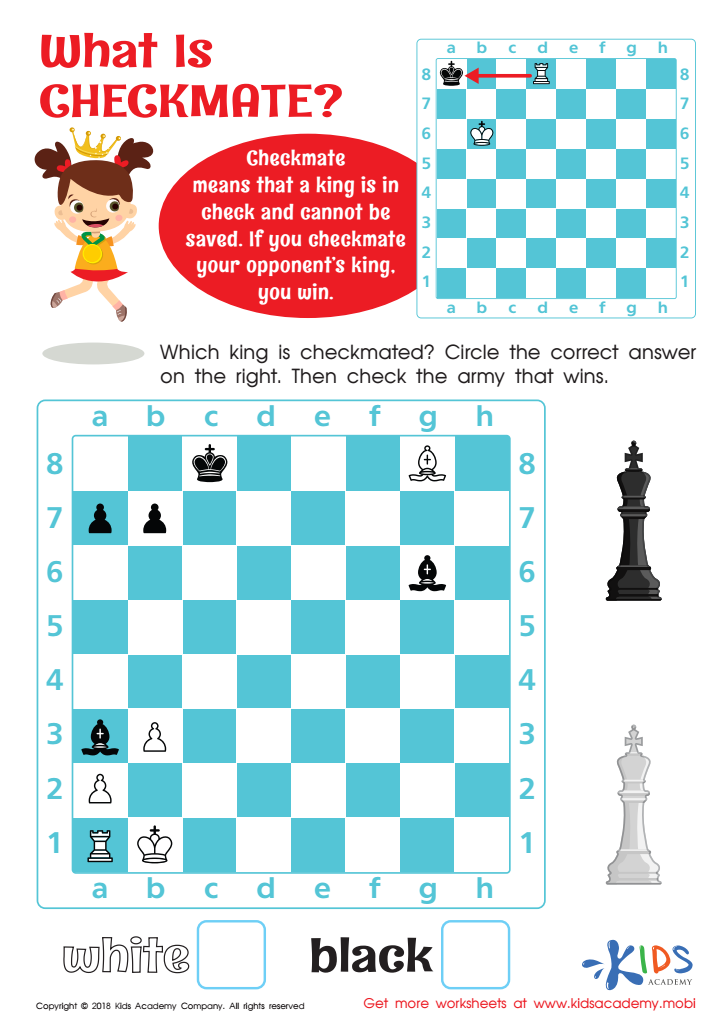

What is Checkmate? Worksheet
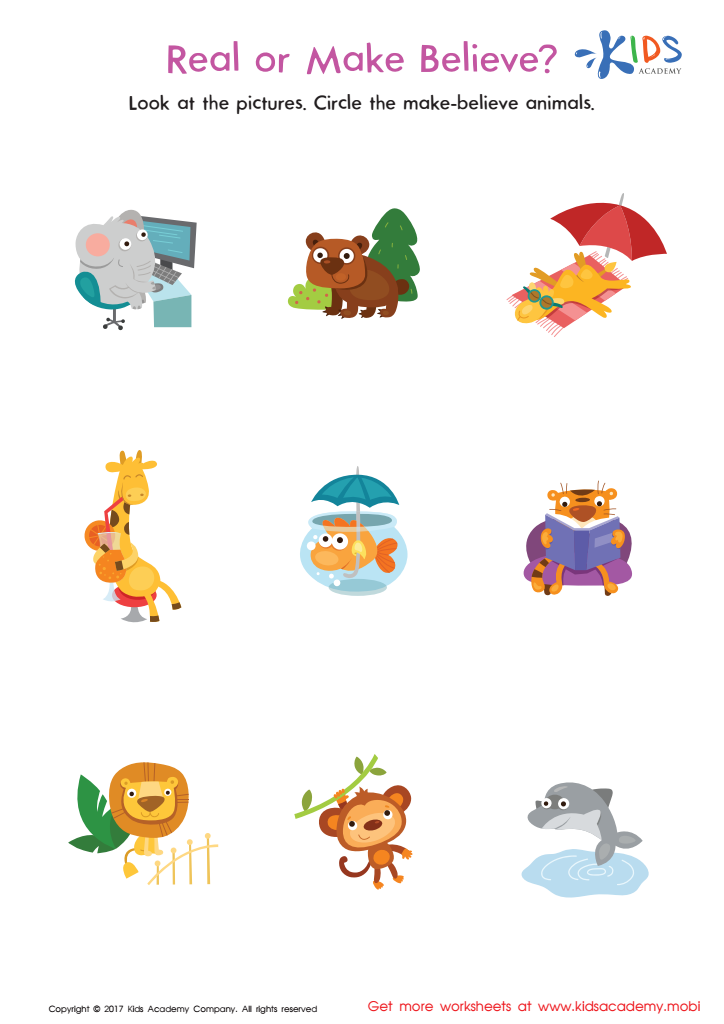

Fact or Make Believe Worksheet
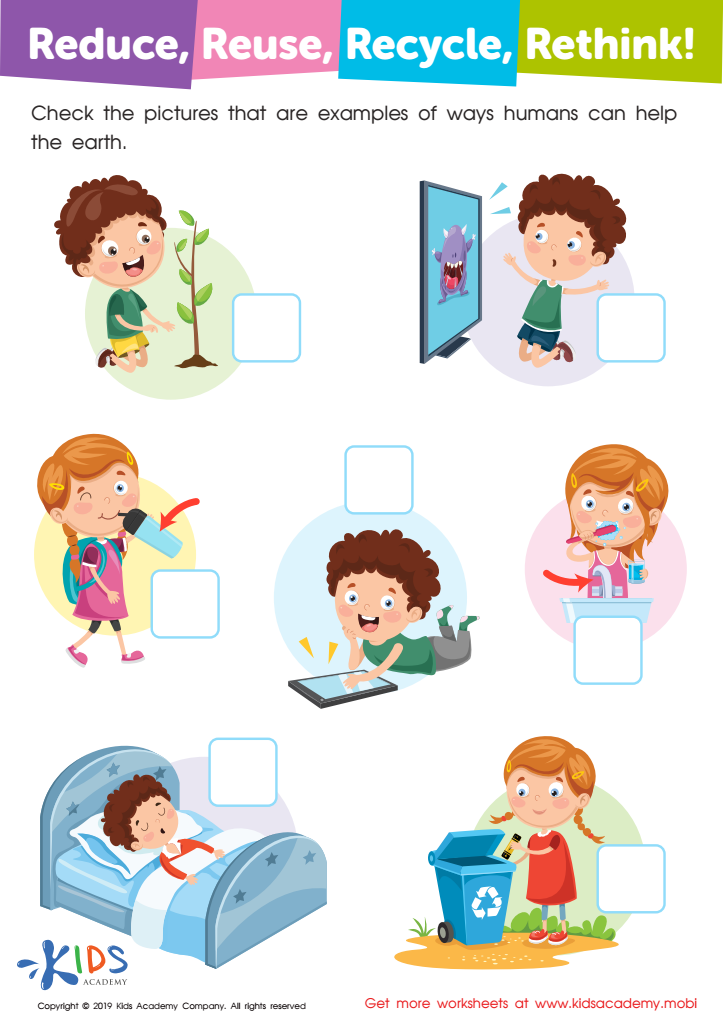

Reduce, Reuse, Recycle, Rethink Worksheet
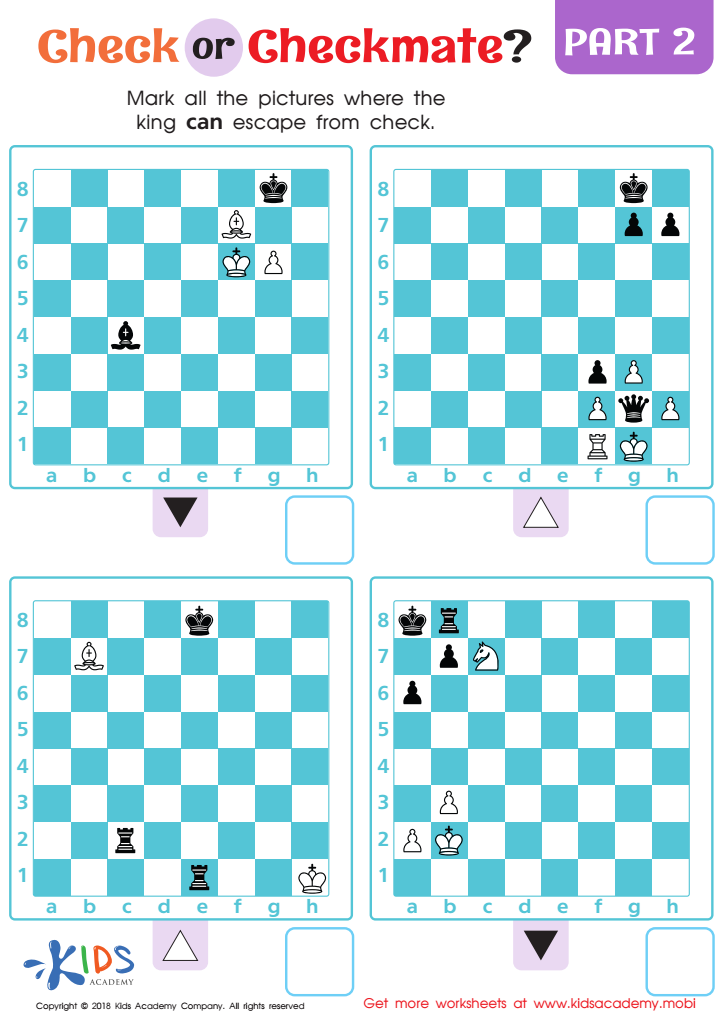

Check or Checkmate: Part 2 Worksheet
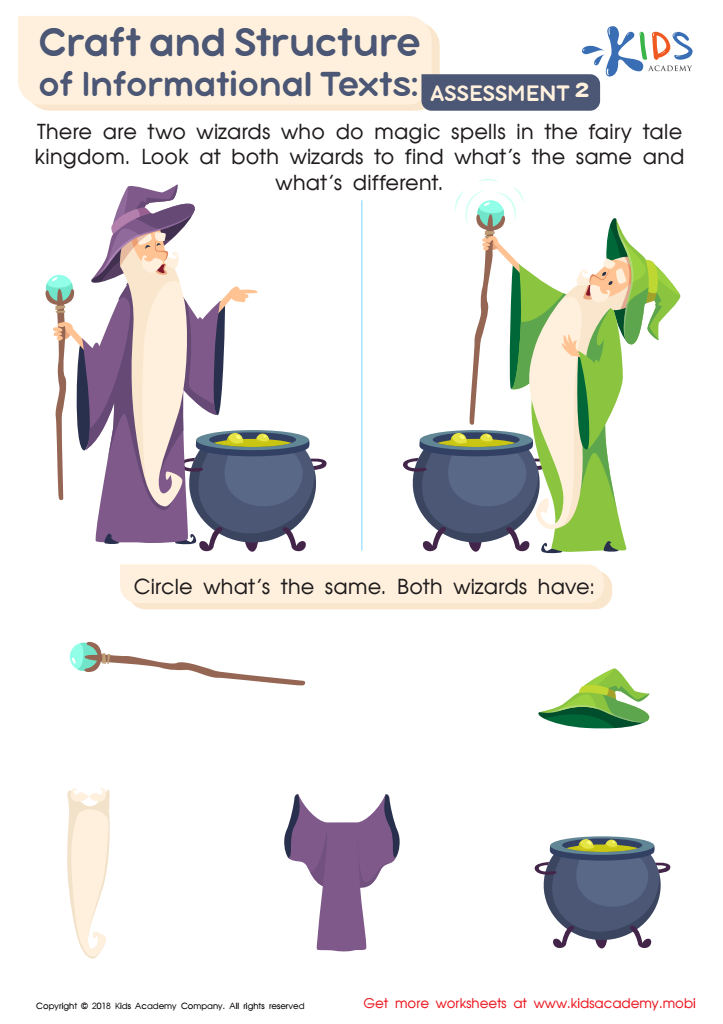

Craft and Structure of Informational Texts: Assessment 2 Worksheet
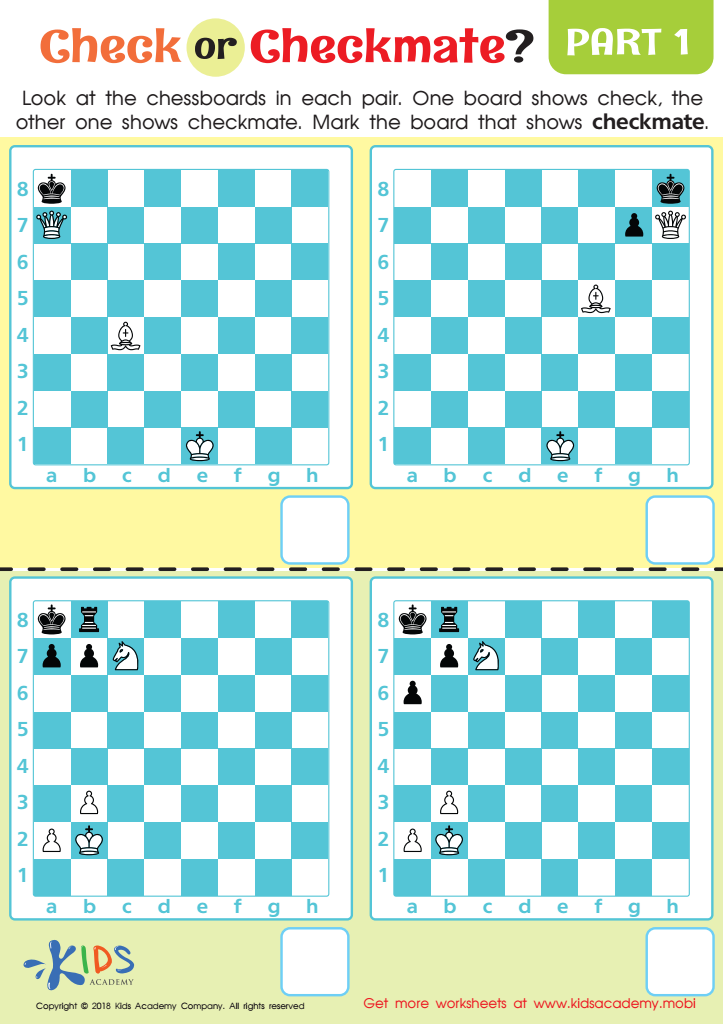

Check or Checkmate: Part 1 Worksheet
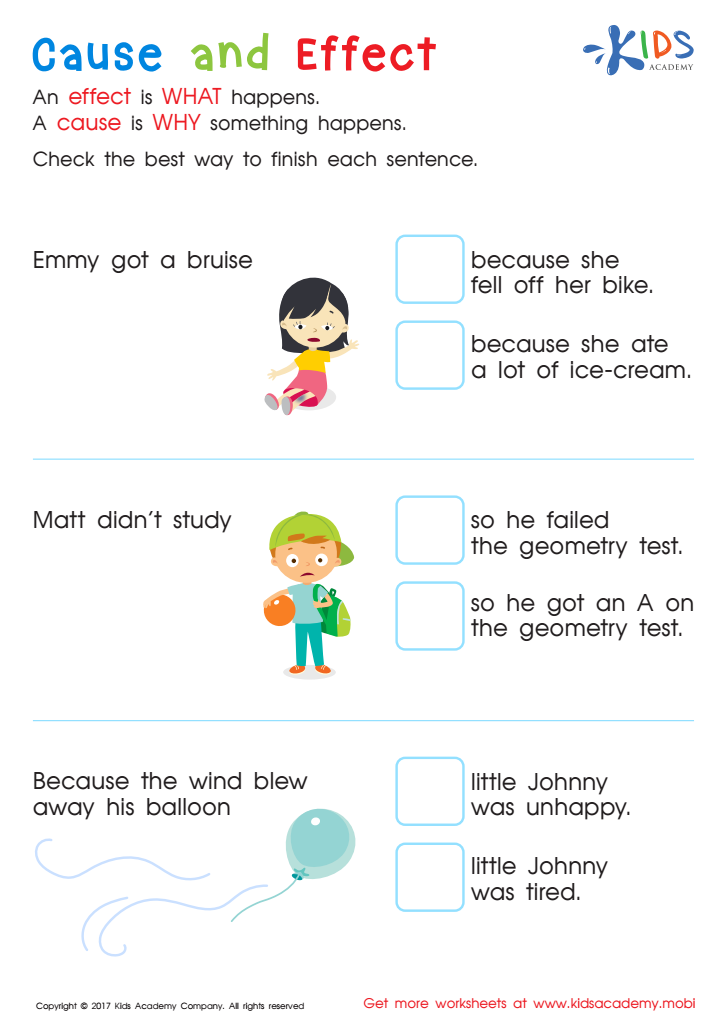

Cause and Effect Worksheet
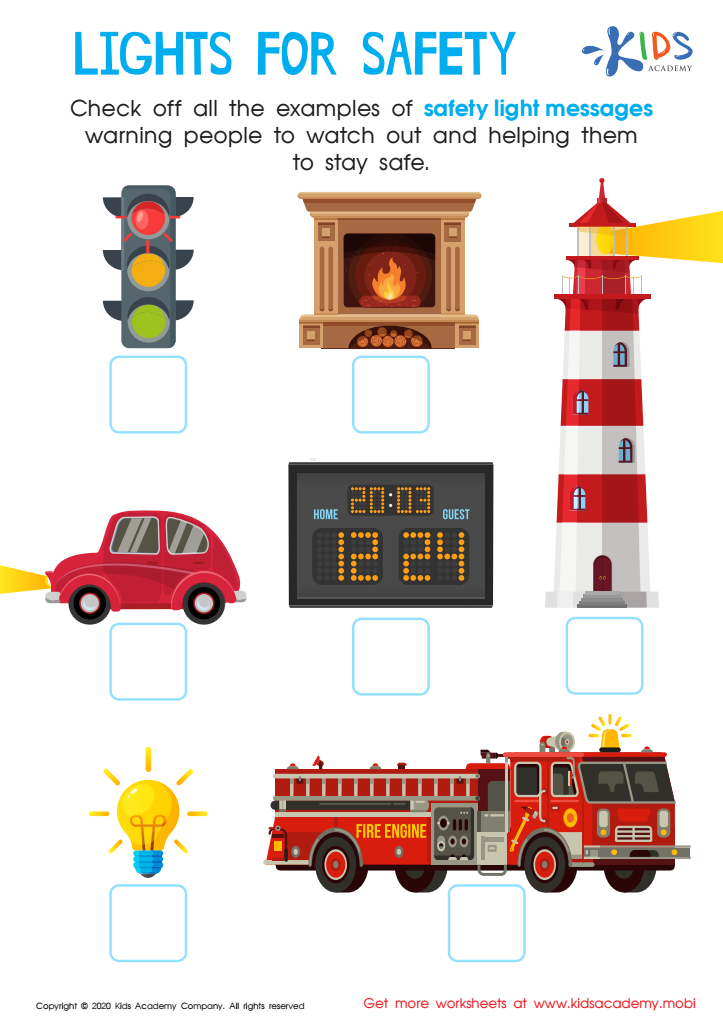

Lights for Safety Worksheet
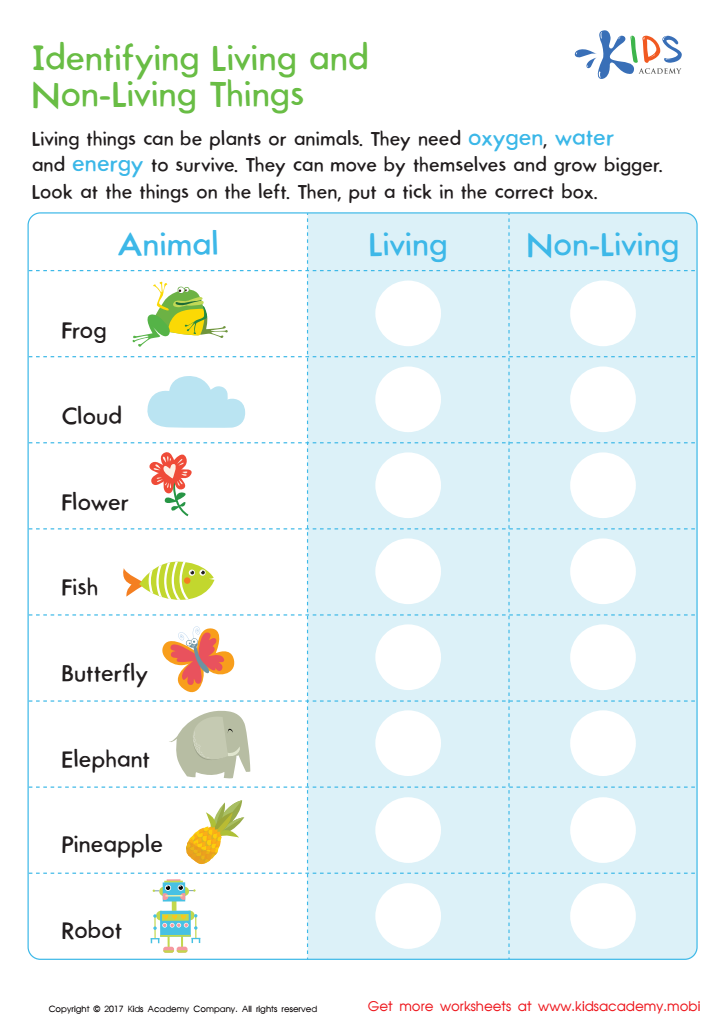

Identifying Living or Non–living Worksheet
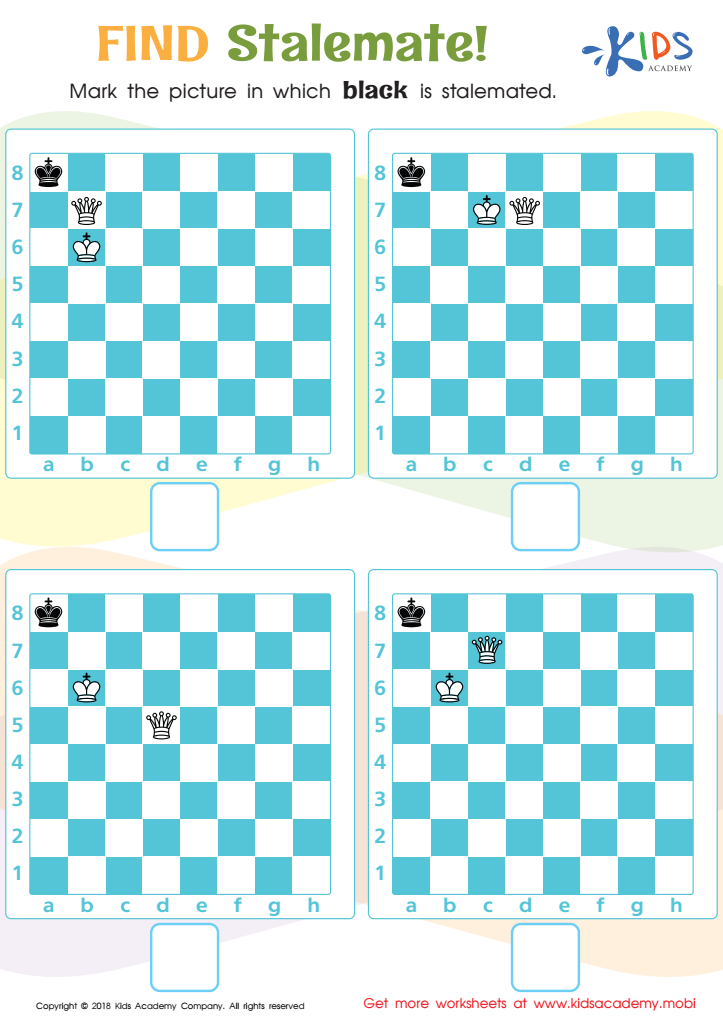

Find Stalemate! Worksheet
Critical thinking development in young children, particularly ages 3-6, is essential for several reasons. First, this foundational stage of learning sets the stage for cognitive and emotional growth. By fostering critical thinking skills during early childhood, parents and teachers empower children to ask questions, solve problems, and make decisions, enhancing their ability to understand their environments.
Moreover, children who develop critical thinking skills are more likely to become independent learners. They learn to analyze situations, weigh evidence, and draw conclusions, enabling them to navigate challenges creatively and effectively. These skills are imperative not only for academic success but also for everyday problem-solving, such as negotiating conflicts with peers or responding to new experiences.
Additionally, early development of critical thinking helps nurture a growth mindset. Children begin to realize that their abilities can improve through effort, which encourages resilience. As they engage in discussions, exploration, and inquiry-based learning, they also gain confidence in their abilities to express thoughts and ideas.
In summary, investing time in cultivating critical thinking in young children builds crucial lifelong skills that enhance learning, foster independence, and prepare them for the complexities of the future. Parents and teachers play a key role in guiding this development, ensuring children thrive personally and academically.


 Assign to My Students
Assign to My Students







